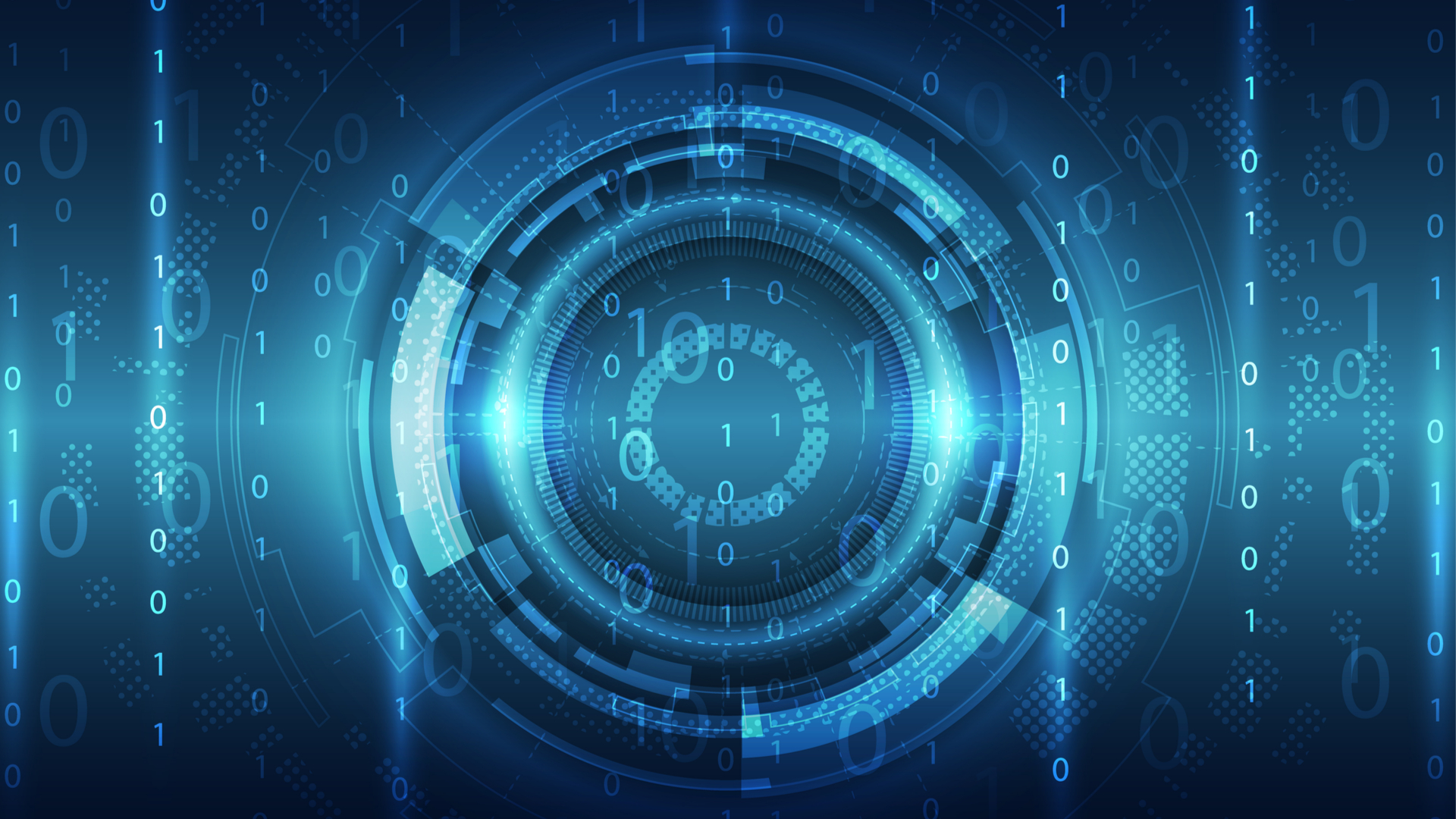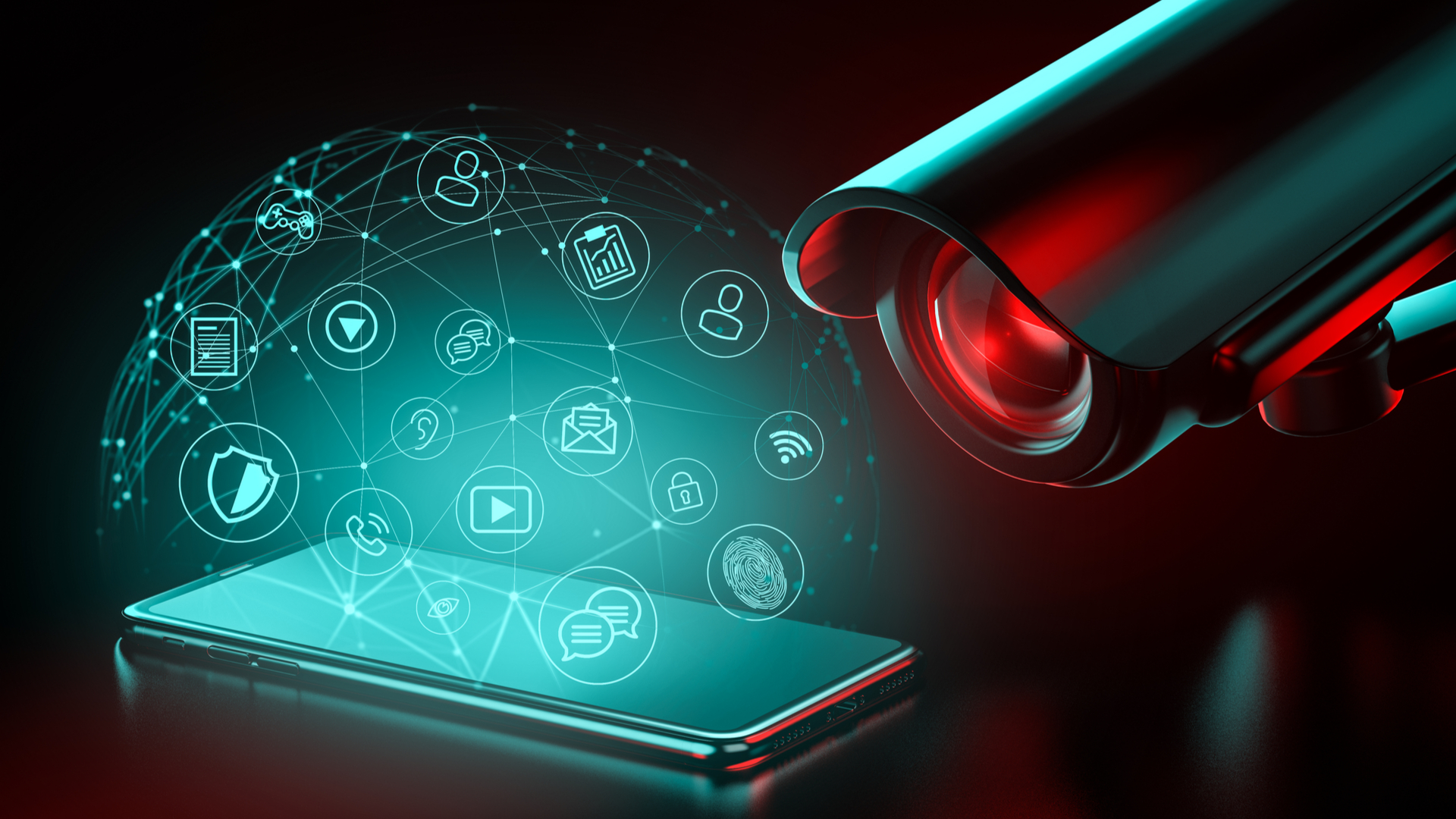Meet the people helping activists to fight against digital surveillance
Tactical Tech helps activists to take agency back over their data

Political activism can be a very dangerous affair, whether or not you operate in a democratic country. While smartphones and social media made it easier for activists and human right defenders to mobilize citizens and coordinate actions, the spying tendency that characterized these digital tools also brought a heavy downside.
In an online world, it is easy getting noticed, profiled, targeted. If security software like VPN services can help protect their data and privacy, activists now face more and more invasive digital surveillance tactics. But, as the spyware industry and governments' capabilities are growing, so is the international support of digital security researchers.
The Berlin-based Tactical Tech is one of those. An international NGO, it aims to engage with citizens and civil organizations to mitigate the impacts of technology on societies at large. Especially, its 'Data and Activism' project wants to equip activists with better awareness and creative responses against the elevated threats of data collection and profiling.
“The fear around is really important to how Tactical Tech works because people do become a bit overwhelmed and then it’s hard to feel you can do something to change it," says Data and Activism's Project Lead Amber Macintyre. "Such big players and technologies are so embedded in what we’re doing, we need to feel we can actually control it.”
What are the risks that activists face online?
Thanks to the US whistleblower Edward Snowden's revelations in 2013, we are now well aware of how governmental organizations like the NSA (National Security Agency) and the British Government Communications Headquarters (GCHQ) constantly monitor their citizens’ online activity.
More recently, there has been the Pegasus spyware scandal to reveal how the NSO Group technology has been used around the world to spy on activists, journalists and even politicians. And, while the Israeli company on its site argues that is helping "government agencies prevent and investigate terrorism and crime to save thousands of lives around the globe," the danger is when these tools and data collected end up in the wrong hands.
As Macintyre says: “Information can just go into the hands of the government in places where the government and activists are opposed to each other.”
Are you a pro? Subscribe to our newsletter
Sign up to the TechRadar Pro newsletter to get all the top news, opinion, features and guidance your business needs to succeed!

With social media activism increasingly growing widespread, authorities use intelligence gathering methodologies like SOCMINT (Social Media Intelligence) and OSINT (Open Source Intelligence) for policing protesters.
Social media monitoring allows the collection and analysis of a large range of data. Officers used them to generate profiles and predictions about users. This means that police can learn the identities of the organisers, their affiliations as well as the location and timing of a planned action. They can also identify who takes part in the demonstrations.
In the UK, for example, the 2016 Investigatory Powers Act even brought new powers to gather and retain data on citizens. At the same time, it also forces tech companies to exchange the data that they have about people with intelligence agencies. At the time, Liberty’s director Shami Chakrabarti commented on BBC News that the bill gave authorities new abilities to hack into citizen systems, servers and devices “in a way that leaves us all more vulnerable”.
Education can be liberating in itself
Amber Macintyre, Tactical Tech
Not just online, digital surveillance brings them a very physical risk. Data can reveal activists' identities, the places they frequent and what they do. This can also compromise their own security. And it isn't only governments that profile and monitor dissidents, but also other activist groups that disagree with their cause.
How is the 'Data and Activism' project helping?
As digital surveillance is nowhere to be relaxed, social movements need to find a way to operate against regular pressure. This brought to the growth of a new form of digital resistance. Instead of challenging this datafied society from the streets, digital rights campaigners seek to give back control on the hands of dissidents.
Amber Macintyre began with her PhD to explore ways to support the work of organizers. Especially, she was concerned at how they could better protect attendees’ data when setting up events.
Now the Project Lead of 'Data and Activism' at Tactical Tech, Amber explains that even if digital surveillance is something bigger than us, that does not mean the fear should stop activists trying to take control.
“Because the only way we can take agency over something is to try to,” she said. “Tactical Tech works just on this: education can be liberating in itself.”
A post shared by The Glass Room (@glassroom_ttc)
A photo posted by on
The project aims to examine how data collection and profiling affect human rights defenders, activists and networks. They then share their findings in accessible guides and reports for spreading their knowledge.
For instance, through a collection of playful exercises The Organiser’s Activity Book supports the work of civil societies with legal and technical advice over their own data collection and handling. The aim is helping organisers to draw a data policy that could effectively protect group members' personal information, both online and offline.
Plus, their Data detox toolkit is a great resource for anyone who wants to stay always on top of his devices' digital hygiene.
How to stay safe online if you are an activist
Activists' best weapon is then limiting the risks, as much as they could.
Catching guides to stay safe online are proliferating amongst social movements, listing ways to improve online security for eluding social media surveillance as well as safer alternative applications that work according to a decentralized, free and open source software (FOSS).
Campaigners tend to use Signal instead of WhatsApp for exchanging sensitive information. The video conference app Jitsi Meet, which appears to be less vulnerable to hacks, is preferred to the more popular Zoom. Also private and encrypted email services like ProtonMail are widespread among human right defenders.
A post shared by Kill The Bill (@killthebill_official)
A photo posted by on
The use of security tools, like the most secure VPN and Tor browser, is then crucial to prevent snoopers from spying on activists' online activities.
Short for virtual private network, a VPN allows users to protect their anonymity and sensitive data. By connecting to one of their secure international servers, activists can hide their real IP address location. Plus, all their data will be shielded inside an encrypted tunnel so that it will be really hard for authorities and other malicious actors to get hold of it.
The Tor technology goes even further. With its so-called 'onion routing,' this highly secure browser routes the data through at least three servers instead of only one. While, in terms of encryption, it uses multiple layers which get peeled off as users travel from server to server. It is also an open-sourced software so that anyone can check its coding and fix any potential vulnerabilities.
Other ways that activists use to enhance their data privacy and device security are secure flash drives, encrypted cloud backup space and password managers tools.
What's next?
As we see, authorities and rival groups constantly exploit the power of data collection technologies to fight back activists' actions. At the same time, the need for these groups to engage with a wider public makes it difficult for activists to be completely out of risk. Learning to deal with the implications of living in a digital society is therefore a big part of the game for those who decide to put themselves on the front line.
Although, as Macintyre from Tactical Tech says: “Even when we are security conscious and doing everything we could, we’re not free from surveillance. That’s in part because the government can do so.
"There needs to be much more accountability and transparency.”
That's why the work of digital rights organizations, like Access Now, Amnesty International and the Citizen Lab, together with bigger media investigations is crucial to push a change in digital policies and legal data privacy regulations across the world.
However, Amber thinks that the values that are embedded in these digital tools are also an important feature to consider when engaging with big tech.
She said: “We should also be questioning, when I use Facebook what values am I agreeing to and did I want to? And when I use Google, what values does Google have and are they the same as mine? And it doesn't necessarily mean political values, although that’s part of it. It also means, how are they making me see the world?"

Chiara is a multimedia journalist committed to covering stories to help promote the rights and denounce the abuses of the digital side of life – wherever cybersecurity, markets, and politics tangle up. She believes an open, uncensored, and private internet is a basic human need and wants to use her knowledge of VPNs to help readers take back control. She writes news, interviews, and analysis on data privacy, online censorship, digital rights, tech policies, and security software, with a special focus on VPNs, for TechRadar and TechRadar Pro. Got a story, tip-off, or something tech-interesting to say? Reach out to chiara.castro@futurenet.com